Harnessing the power of nature’s pharmacy, certain herbs and spices have been celebrated for their antibacterial properties. These natural wonders not only add flavor but also contribute to health by combating harmful bacteria. Below, explore the unique characteristics and historical uses of eight powerful herbs and spices known to promote well-being.
1. Turmeric
Golden in hue, turmeric stands out with its vibrant color and historical significance. Used in traditional medicine, it’s known for its active compound, curcumin, which boasts antibacterial properties. This spice is often added to dishes for its flavor and health benefits.
Historically, turmeric has been part of Ayurvedic practices, hailed as a remedy for various ailments. Its ability to combat bacteria makes it a staple in natural medicine cabinets. Turmeric’s versatility in culinary applications also adds to its value. Curcumin’s effectiveness is a subject of ongoing research, making turmeric a focus of scientific interest.
2. Garlic
Pungent and potent, garlic has a reputation for warding off more than just vampires. Its sulfur-containing compounds, like allicin, have been researched for their antibacterial prowess. Garlic’s application extends beyond the culinary world into medicinal uses.
For centuries, cultures have relied on garlic as a natural remedy for infections and ailments. Its robust flavor complements dishes while contributing to health. Modern studies continue to affirm its antibacterial capabilities, reinforcing garlic’s status as both a culinary staple and health ally.
3. Thyme
With a hint of earthiness, thyme has been cherished for its therapeutic properties. Thymol, its primary active ingredient, is known for combating bacteria effectively. This herb is not only a culinary favorite but also a medicinal powerhouse.
Thyme’s essential oils have been used in traditional medicine to treat respiratory and digestive issues. Its antibacterial nature is one reason it remains popular in various home remedies. The herb’s ability to preserve foods naturally speaks to its strength in fighting harmful microorganisms.
4. Oregano
Synonymous with Italian cuisine, oregano is much more than a flavor enhancer. Carvacrol, found in oregano, exhibits strong antibacterial activity, making it a key ingredient in natural medicine.
This spice has been a part of various cultures’ medicinal arsenals, offering a natural way to fend off bacteria. Oregano’s potency is not limited to the kitchen but extends to health applications. The herb’s reputation for fighting infections aligns with historical uses, cementing its place in both kitchens and medicine cabinets alike.
5. Cinnamon
Warm and inviting, cinnamon has charmed many with its aroma and health benefits. Its active components, like cinnamaldehyde, are celebrated for their ability to fight bacteria.
Traditionally, cinnamon has been used in various cultures for its healing properties. The spice’s antibacterial action makes it a favorite in natural remedies. Whether in a cup of tea or sprinkled over desserts, cinnamon’s dual role as a flavor agent and health booster is undeniable.
6. Cloves
Tiny but mighty, cloves pack a punch with their strong antibacterial properties. Eugenol, a key compound in cloves, is lauded for its health benefits, particularly in fighting infections. Historically, cloves have been used to treat toothaches and other ailments, thanks to their numbing and antibacterial effects.
Their distinct flavor adds depth to culinary creations while offering health perks. The spice’s multifaceted applications highlight its importance in both traditional and modern practices, making it a staple in natural health circles.
7. Ginger
Zesty and invigorating, ginger is a powerhouse of antibacterial properties. Its active components, such as gingerol, are known to combat harmful bacteria and promote overall health. In many cultures, ginger is a go-to remedy for digestive issues and infections.
The spice’s multifaceted benefits extend from culinary uses to medicinal applications. Ginger’s role in traditional medicine continues to be explored, with modern studies confirming its effectiveness against bacteria.
8. Coriander
Coriander, often a staple in kitchens worldwide, offers more than just flavor. Its seeds and leaves contain compounds that have been shown to possess antibacterial properties. Used traditionally in various cuisines, coriander’s health benefits are increasingly recognized by modern science.
Its role in fighting bacteria adds to its culinary allure. This spice’s versatility in both culinary and medicinal fields underscores its importance in natural health strategies.
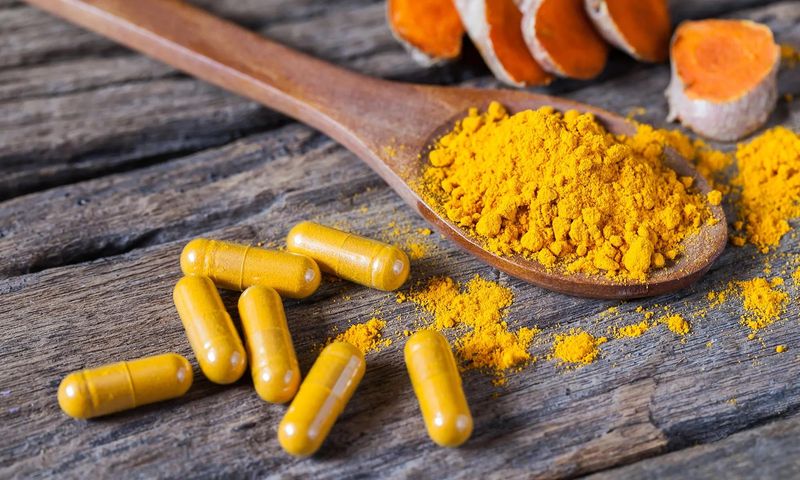
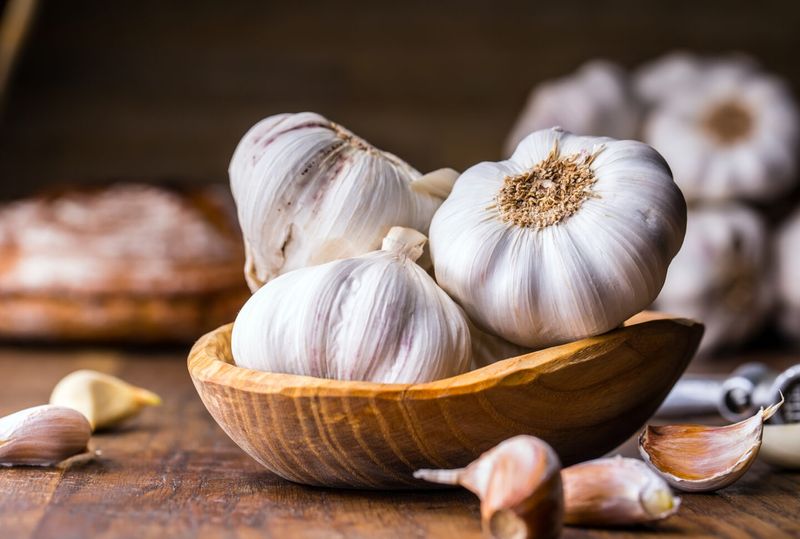
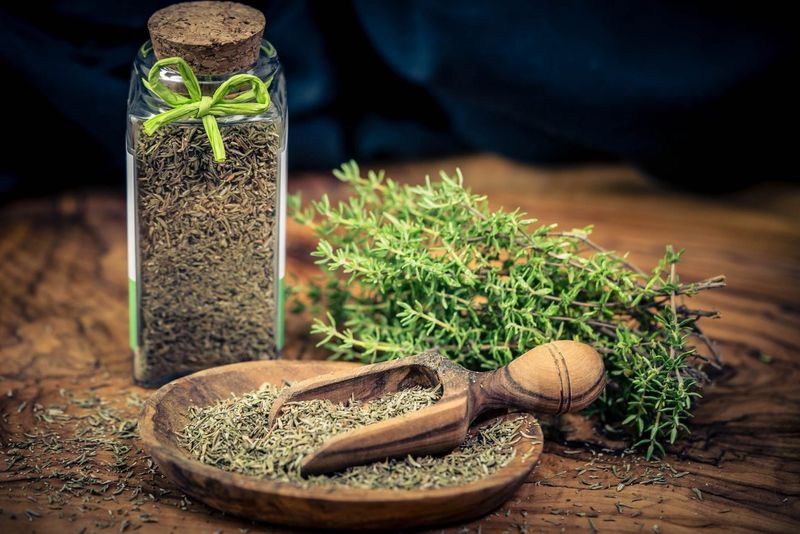
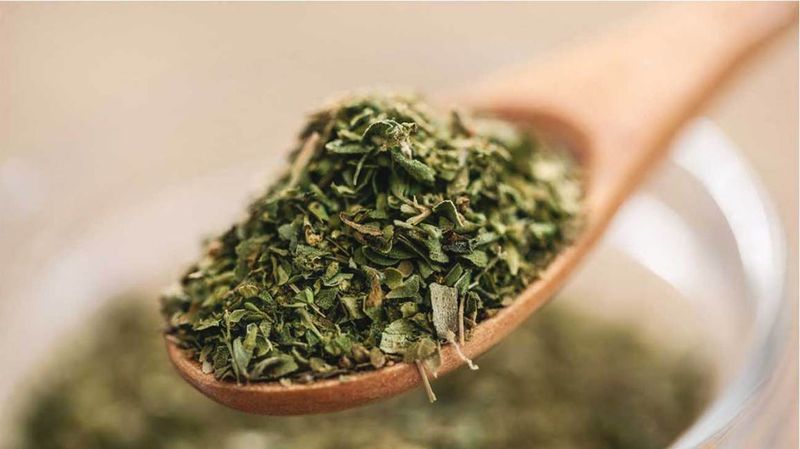
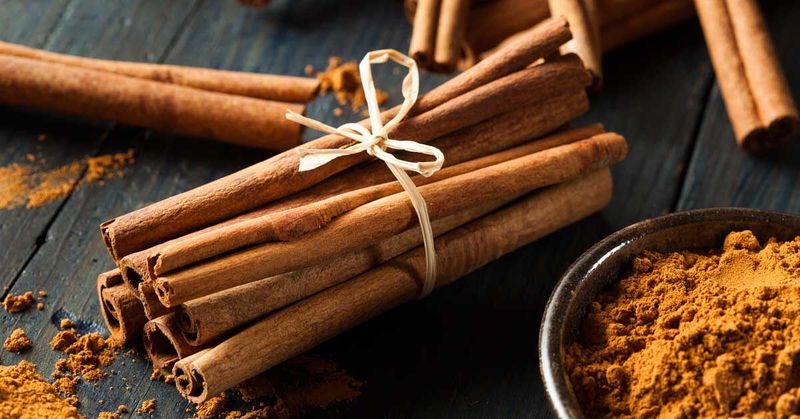
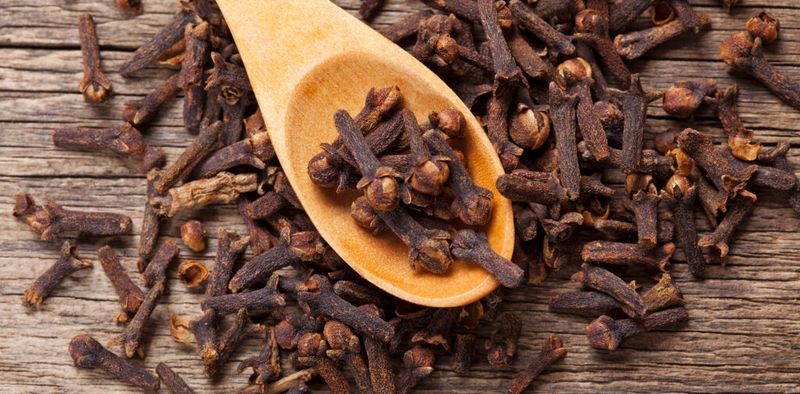
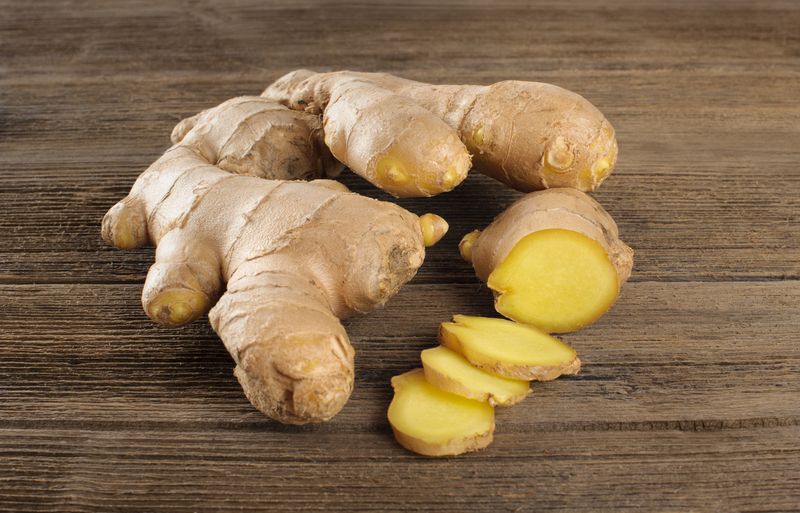
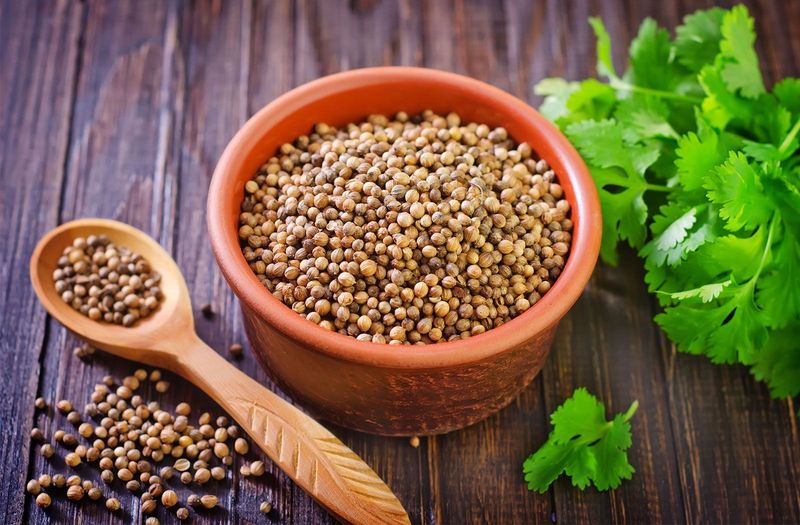
Leave a comment